Rivamer
✅ Enhances cognitive function
✅ Improves memory recall
✅ Slows cognitive decline
✅ Enhances daily activities
✅ Supports Alzheimer’s management
Rivamer contains Rivastigmine.
Product Overview
Rivamer is a pharmaceutical preparation containing Rivastigmine Tartrate as its active component. Marketed in capsule form, this medication is indicated for managing mild to moderate Alzheimer’s disease and Parkinson’s disease-related dementia. As a cholinesterase inhibitor, Rivamer elevates acetylcholine concentrations in the brain – a neurotransmitter crucial for memory and cognitive processes. This therapeutic action helps mitigate cognitive impairment and may decelerate symptom progression in these neurodegenerative disorders.
Therapeutic Applications
Clinically prescribed for addressing cognitive symptoms in mild-to-moderate Alzheimer’s and Parkinson’s-related dementia, Rivamer demonstrates particular efficacy in managing memory deficits, disorientation, impaired reasoning, and behavioral/mood alterations. Through its cholinergic mechanism, the medication helps stabilize cognitive decline and potentially enhances patients’ functional capacity and quality of life.
Administration Guidelines
For optimal results, Rivamer capsules should be ingested orally with meals (twice daily) to reduce gastrointestinal discomfort. The capsules must be swallowed intact with adequate water; crushing or chewing should be avoided. For patients with swallowing difficulties, capsule contents may be mixed with applesauce immediately before consumption. Strict adherence to the prescribing physician’s dosage recommendations and treatment duration is essential.
Mechanism of Action
The active compound Rivastigmine Tartrate functions as a dual inhibitor of acetylcholinesterase and butyrylcholinesterase enzymes. These enzymes normally degrade acetylcholine in synaptic clefts. By inhibiting their activity, Rivamer potentiates cholinergic neurotransmission, thereby enhancing interneuronal communication and supporting cognitive functions including memory consolidation, attentional processes, and learning capacity.
Dosage Protocol
Dosage titration follows an individualized approach based on disease severity and patient tolerance. Treatment typically initiates with lower doses, gradually escalating to therapeutic levels while monitoring for adverse effects. Maintenance dosing is determined through continuous clinical assessment of therapeutic response and side effect profile. Patients must strictly observe prescribed dosing schedules without self-adjusting medication quantities.
Therapeutic Advantages
- Enhances cognitive performance in Alzheimer’s and Parkinson’s dementia patients
- Modifies disease progression in neurodegenerative disorders
- Improves memory retention, focus, and information processing
- Capsule formulation ensures precise dosing and convenient administration
- Potentially reduces caregiver burden through symptom management
Adverse Effects
The most frequently reported adverse reactions include gastrointestinal disturbances (nausea, vomiting, diarrhea, anorexia), neurological symptoms (dizziness, headache), and general fatigue. These effects are typically dose-dependent and often subside with continued therapy. Persistent or severe reactions warrant immediate medical consultation.
Precautions and Contraindications
Special caution is advised for patients with:
- History of peptic ulcer disease or gastrointestinal hemorrhage
- Respiratory conditions including asthma or COPD
- Cardiac conduction abnormalities
Significant drug interactions may occur with anticholinergic agents and cholinergic agonists. A comprehensive medication review with the prescribing physician is mandatory prior to initiation. Rivamer is contraindicated during pregnancy and lactation.
Storage Conditions
Maintain Rivamer capsules at controlled room temperature (15-30°C) in a dry environment, protected from light and moisture. Keep securely packaged and inaccessible to children or pets. Discard any unused medication after the expiration date indicated on the packaging.
Medical Disclaimer
While we strive to provide accurate, physician-reviewed information, this content should not replace professional medical advice. The presented information serves educational purposes only and may not encompass all potential drug interactions, contraindications, or adverse effects. Patients must consult qualified healthcare providers for personalized medical guidance. This information aims to complement, not substitute, the essential physician-patient relationship.
| Strength | 1.5 mg |
|---|---|
| Quantity | 30 Tablet/s, 60 Tablet/s, 90 Tablet/s, 180 Tablet/s |
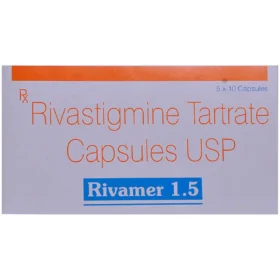 Rivamer
Rivamer









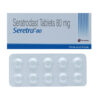

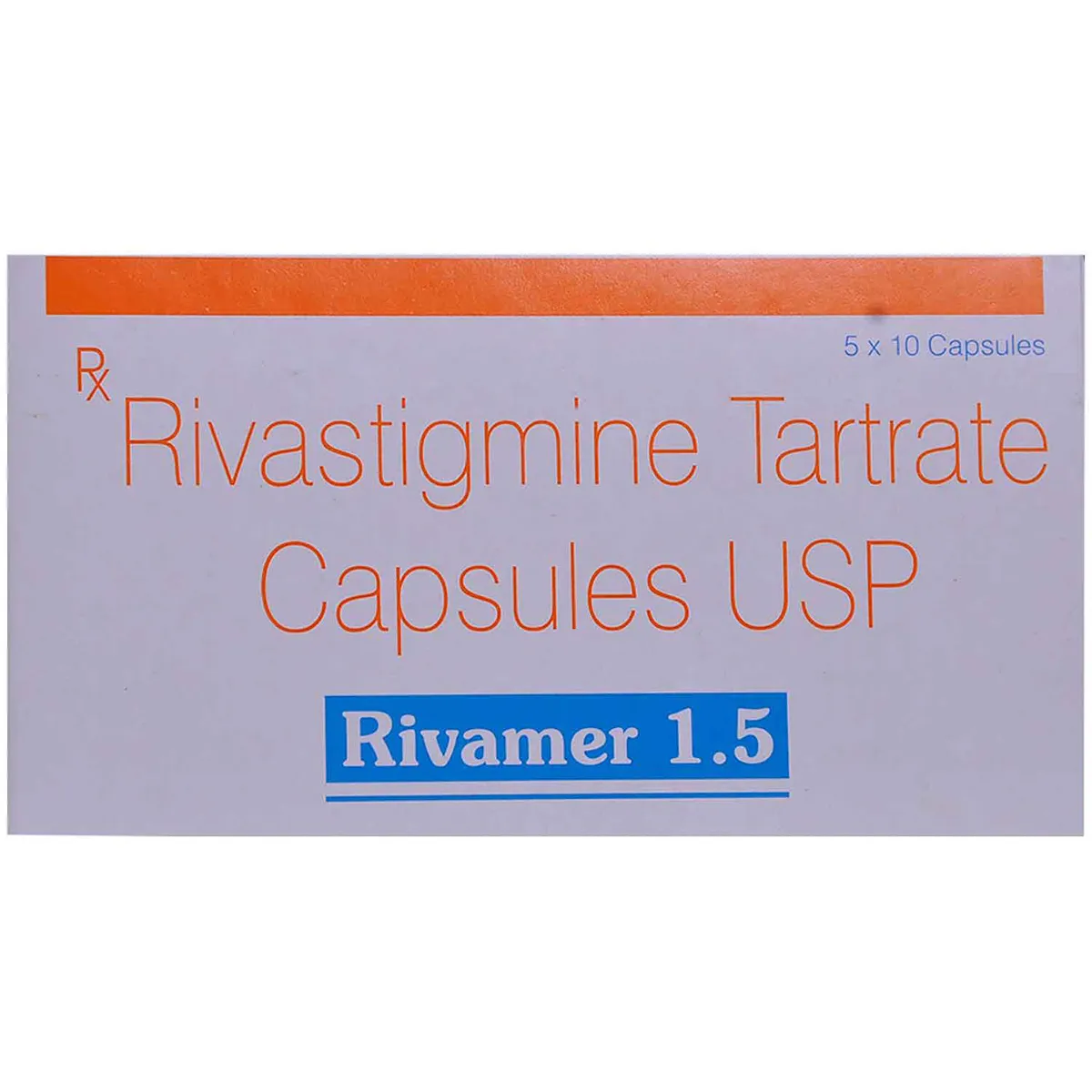
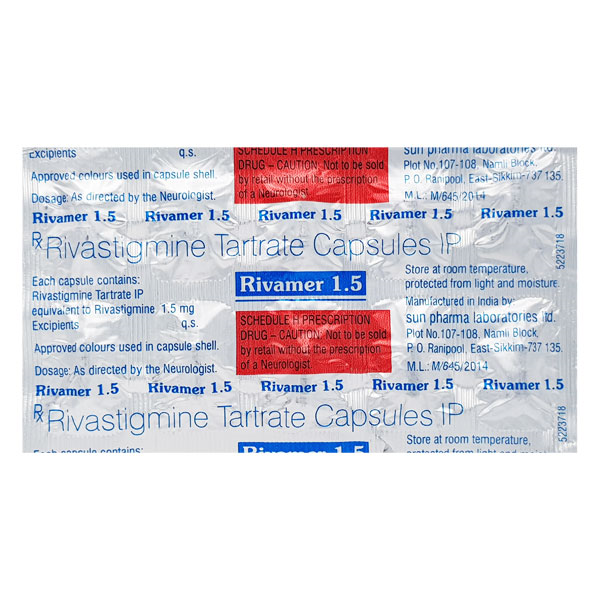
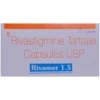
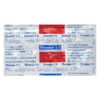

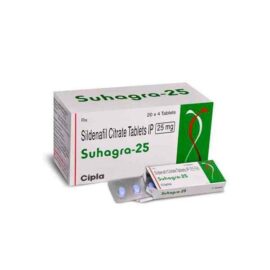
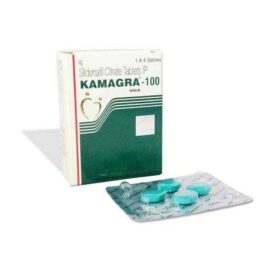
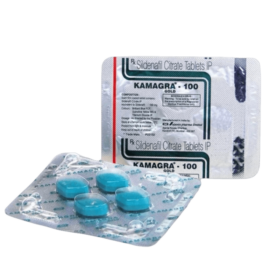
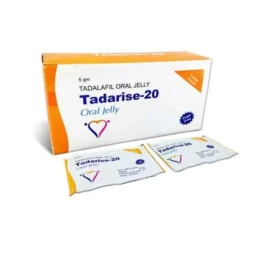
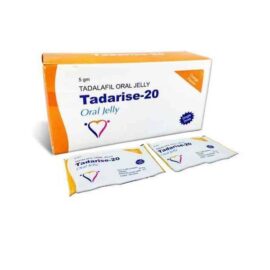
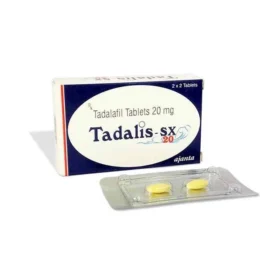
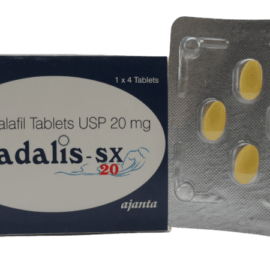


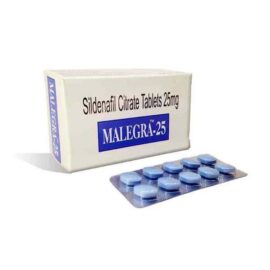

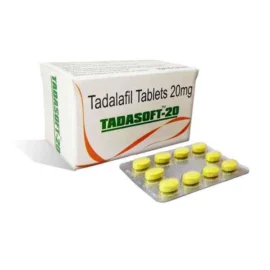
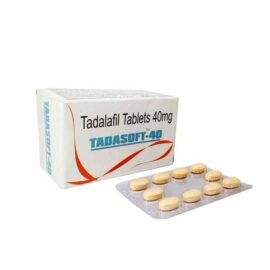
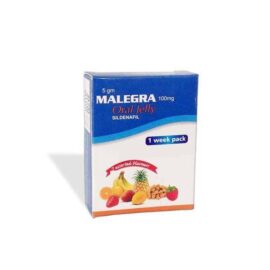




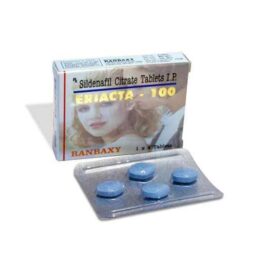
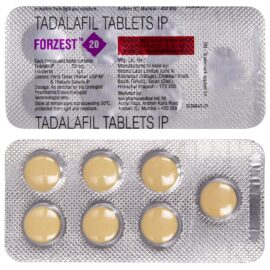
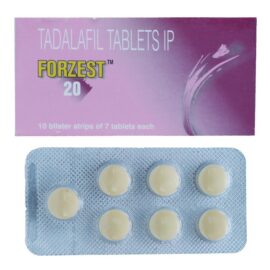
Reviews
There are no reviews yet